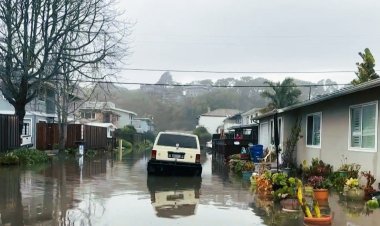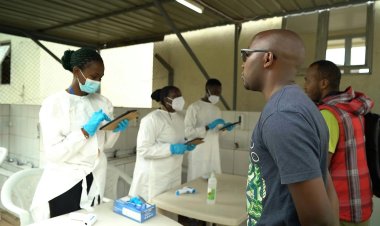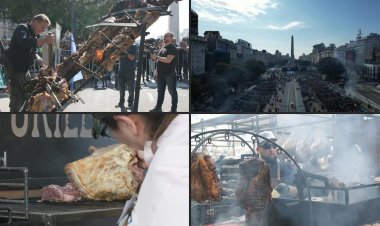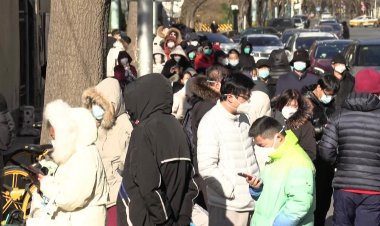Walz and Vance clash over foreign policy in vice presidential debate
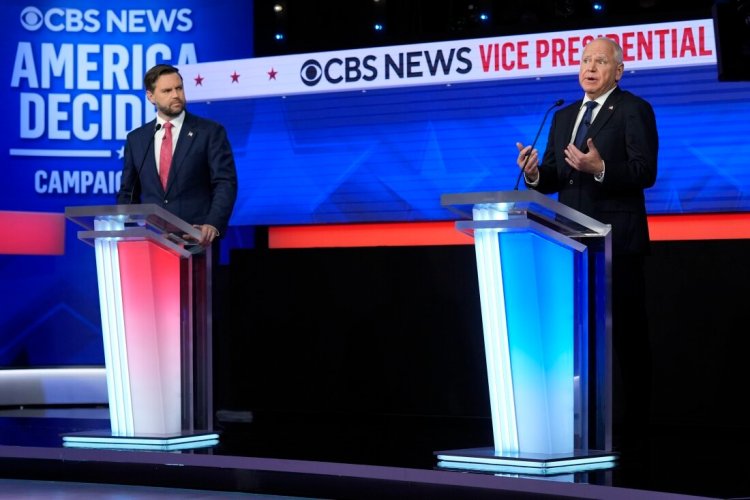
Vice presidential hopefuls Tim Walz and JD Vance shook hands as the debate began.
The debate is a chance for each candidate to reinforce his running mate's message to voters just weeks before the Nov. 5 election.
The 90-minute debate will take place in New York City, a Democratic stronghold that is the former home of Donald Trump, the Republican presidential candidate running against Democratic Vice President Kamala Harris.
Democrat Tim Walz questioned Republican Donald Trump's fitness for office at the outset of the vice presidential debate, arguing that the former president is too unstable to be trusted at a time of crisis in the Middle East.
His Republican opponent for the country's No. 2 office, JD Vance, responded by asserting that Trump had made the world more secure during his term in office.
Amid Israel's ongoing assault against Hezbollah in southern Lebanon and Iran's retaliatory missile strikes, the escalating Middle East conflict that began last October when the militant group Hamas attacked Israel was the debate's first topic, giving the two men a chance to outline their foreign policy credentials.
Asked whether he would support a preemptive strike against Iran by Israel, Vance suggested he would defer to Israel's judgment, while Walz did not directly answer the question.
Instead, Walz pivoted to criticizing Trump for nixing the Iran nuclear deal. The 2015 deal, which then-President Trump abandoned in 2018, had capped Iran's uranium enrichment at 3.67% purity and its stockpile of this material at 202.8 kg - limits Tehran has since far exceeded.
Walz, 60, the liberal governor of Minnesota and a former high school teacher, and Vance, 40, a bestselling author and conservative firebrand US senator from Ohio, have portrayed themselves as two sons of America's Midwestern heartland with deeply opposing views on the issues gripping the country.




